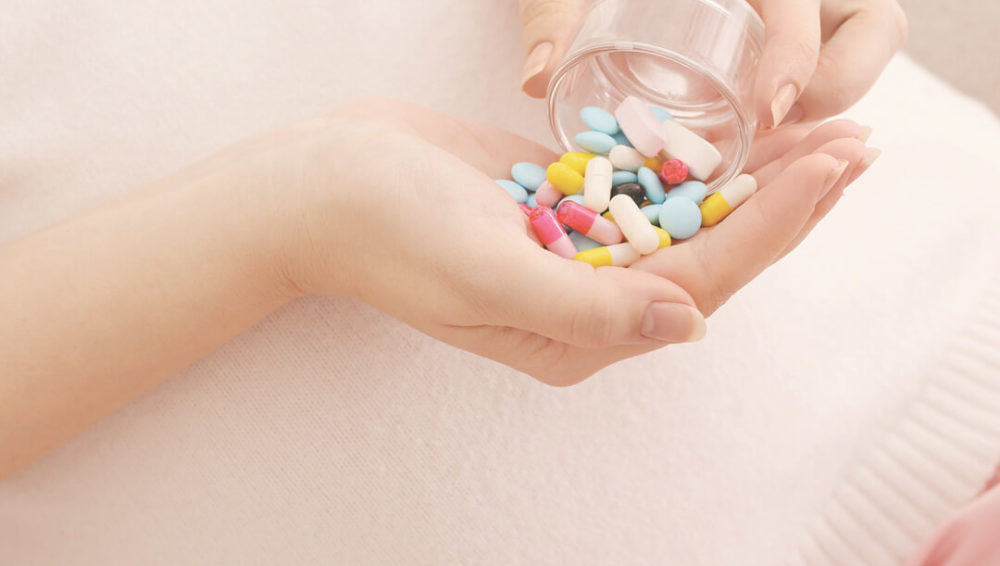The importance of DHA and Omega-3 in pregnancy
Nutrition

DHA is an omega-3 fatty acid that is vital to Your Child’s development. It plays a key role in the formation of retinal and brain tissue, so it’s very vital in developing healthy eyes and brains.
What is DHA?
Docosahexaenoic acid (DHA) is an omega-3 fatty acid that is a primary structural component of the human brain, cerebral cortex, skin, and retina. It represents about 97 percent of all omega-3 fats in the brain and 93 percent of all omega-3 fats in the retina in the eye.
How does DHA get to the baby?
Throughout pregnancy, DHA is transferred from the mother to the baby. This redistribution of DHA is essential to ensure optimal fetal brain, eye, immune, and nervous system development.
Does DHA help you?
It lowers blood pressure and may help increase the level of “good” cholesterol in the blood. These can improve your overall health. Studies show that it can also increase the length of pregnancy, thereby reducing the risk of premature birth and leading to a healthier baby.
Does it help Your Child?
DHA plays a key role in the development of retinal and brain tissue, so it’s very vital in creating healthy eyes and brains. It can also help Your Child’s hand-eye coordination and attention span.
Taking enough DHA during pregnancy can improve behavior, attention, focus, and learning in children. Other benefits may include a reduced risk of allergies in infants and a positive influence on immune development.
Good sources of DHA
- Seaweed and other algae are good natural sources of DHA, which is the reason why fish that eat algae are rich sources of DHA as well
- Fatty fish, such as mackerel, anchovies, salmon, cod, and tuna (high in mercury)
- Fish oil: It is found in fish oil
- Seeds and nuts, such as chia seeds, flaxseeds, and walnuts
- Omega-3 fish oil supplements are important for pregnant women who do not consume enough natural sources of DHA
Importance of DHA after delivery
After transferring most of your DHA to your child, your level of DHA can remain low after delivery. This is because Your Child consumes your DHA reserves through the breast milk. Your baby’s need for DHA remains critical during the first two years of life as rapid brain development is taking place during this period.
What the research says: According to one research, maternal DHA status in pregnancy was found to be positively associated with infants’ problem-solving skills at 12 months. This association remained significant even after controlling for the level of maternal education — a surrogate for socioeconomic status. The results accentuate how important it is for pregnant and lactating women to have a satisfactory DHA status from dietary intake of seafood or other sources rich in DHA.
What is the recommended dose?
- 300 mg per day for pregnant women
- 300 mg per day for women who are breastfeeding
Verified:
Dr. Wanwadee Sapmee Panyakat (OB-GYN), license no. 41208 (4 February 2019)



